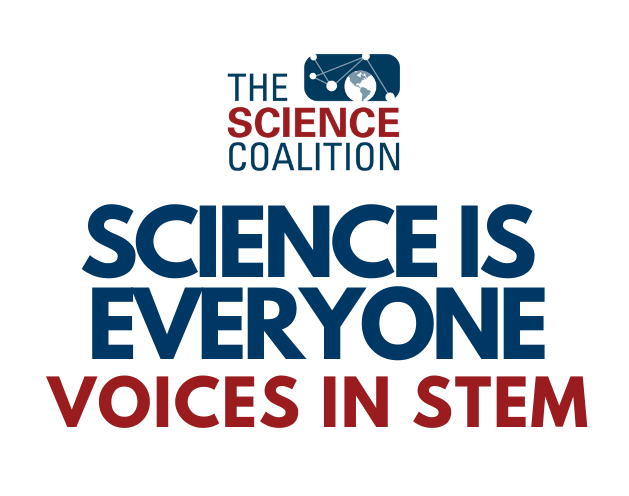
Dr. Ana Diallo's journey in cardiovascular health research is a testament to the power of curiosity, determination, and federal funding in advancing scientific discovery. Originally from Guinea, West Africa, Dr. Diallo's path to becoming a distinguished researcher at Virginia Commonwealth University (VCU) was fueled by a deep-seated passion for serving her community and a relentless pursuit of knowledge.
A Lifelong Commitment to Service and Learning
Dr. Diallo's interest in cardiovascular health was ignited by personal experiences. "I saw the impact of high cholesterol in my family and in my personal life with the loss of close friends," she reflects. These experiences underscored critical gaps in health care systems and motivated her to make a difference.
Dr. Ana Diallo moved to the United States from West Africa to study nursing and public health. As a nurse, she frequently encountered patients with high cholesterol and poor diet—often when it was too late to make meaningful interventions. She saw firsthand how late-stage treatment could only do so much, and became determined to focus her efforts on early education and lifestyle modifications to help prevent cardiovascular disease.
This experience informed her decision to pursue a Ph.D. in nursing and a master’s in public health.
Federal Funding: The Catalyst for Groundbreaking Research
Dr. Diallo's research career took a significant leap forward thanks to three federal funding initiatives. As a post-doctoral fellowship at the National Institute of Nursing Research, she was exposed to the important role of biological markers of disease onset and genetic susceptibility in health and disease management. A Program to Increase Diversity in Cardiovascular Health-Related Research (PRIDE CVD) Scholar funded by the National Heart, Lung, and Blood Institute, she gained foundational knowledge in cardiovascular health research. This two-year program not only provided essential training but also funded her first pilot project, laying the groundwork for her current research on lifestyle modifications
Leveraging this experience, Dr. Diallo became a Building Interdisciplinary Research Careers in Women’s Health (BIRCWH) Scholar, a program funded by the National Institutes of Health-funded that offers protected time for specialized training in nutrition, epidemiology, and biostatistics. This support allowed Dr. Diallo to hone her research and delve deeper into the intricate relationships between diet and cardiovascular risk factors.
Unveiling Gender Disparities in Cardiovascular Health
One of Dr. Diallo's most intriguing findings came from analyzing samples from over 3,000 participants. She discovered that women aged 55 and older were less likely to take their cholesterol medication compared to men. This led her to investigate the potential role of peri/menopausal hormonal changes in cardiovascular health.
"The way individuals react to medication and how diet affects metabolism varies significantly between men and women," Dr. Diallo explains, "It's deeper than just lifestyle behavior."
Dr. Diallo's research focuses on finding the most effective ways to help people manage chronic diseases by modifying habits and lifestyles, with a particular emphasis on diet and exercise, tailored to the needs and realities individuals face.
Connecting With the Community
Her work extends beyond the laboratory and is rooted in real-world impact. Every week, she partners with a grassroots organization offering fresh fruits and vegetables and cooking classes that translate her research on lifestyle interventions into practical, community-based educational opportunities.
These weekly sessions serve a dual purpose. They empower participants with knowledge about cardiovascular risks and the benefits of dietary modifications, while also giving Dr. Diallo valuable insights into the challenges people face in accessing healthy food.
Looking Ahead
Dr. Diallo’s vision for the future includes expanding her community-based programs and strengthening patient-driven research. “Action is informed by patients,” she emphasizes, noting that her weekly classes and interaction with community members and clinicians informed her findings.
Her journey from PRIDE CVD Scholar to BIRCWH Scholar demonstrates how targeted and impactful federal funding and mentorship can nurture a researcher's career, leading to meaningful scientific advancements. Her work strengthens our understanding of how diet and lifestyle affect heart health and helps pave the way for more personalized and effective interventions for chronic diseases.
Dr. Diallo's story is a powerful reminder that science — properly fueled by federal investments—has the power to transform communities and shape a healthier future for all.


